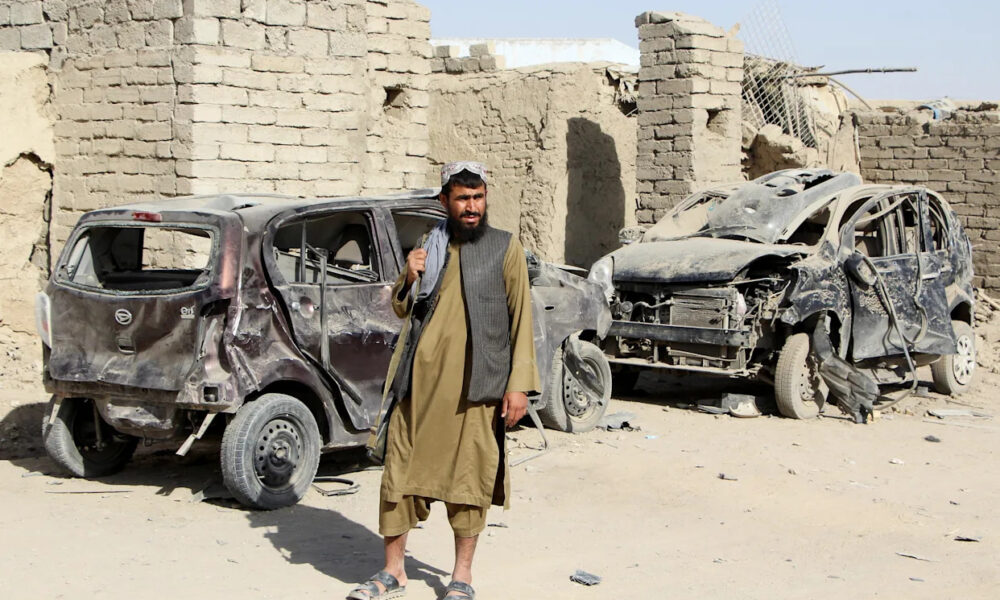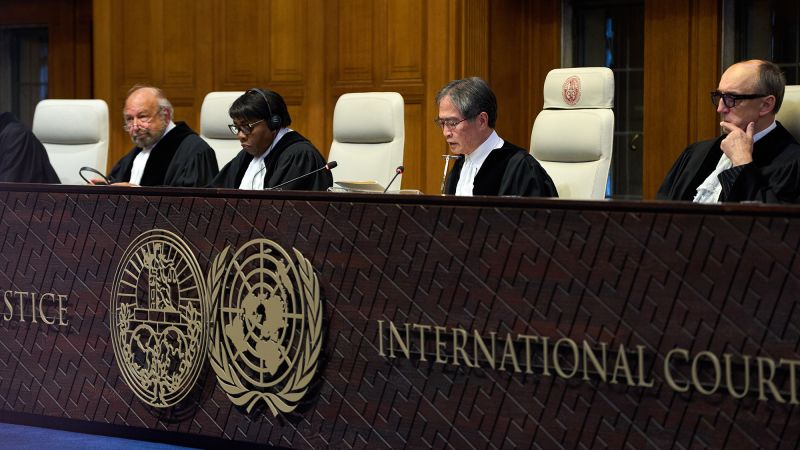Pakistan has conducted airstrikes in eastern Afghanistan, resulting in the deaths of at least 10 individuals and violating a recently established ceasefire. The strikes occurred in Paktika province late on March 15, 2024, shattering two days of relative calm following an intense period of violence along the border. Afghan officials reported that the ceasefire had paused nearly a week of clashes that claimed the lives of dozens of soldiers and civilians from both nations.
According to a senior Taliban official who spoke to AFP on the condition of anonymity, “Pakistan has broken the ceasefire and bombed three locations in Paktika.” The official warned of potential retaliation from Afghanistan. Hospital officials confirmed that among the deceased were two children, with an additional 12 individuals sustaining injuries during the attacks.
The Afghanistan Cricket Board (ACB) expressed deep sorrow, stating that three players participating in a local tournament were killed alongside five others. The ACB described the incident as a “cowardly attack carried out by the Pakistani regime” and reported that seven additional people were injured. The players were reportedly targeted during a gathering in Urgun district after returning from a friendly match in Sharana, the capital of Paktika province. In response to the violence, the ACB announced its withdrawal from the upcoming Tri-Nation T20I Series set to take place next month.
In Pakistan, a senior security official confirmed to AFP that “precision aerial strikes” had been executed against the Hafiz Gul Bahadur Group, a faction linked to the Tehrik-i-Taliban Pakistan (TTP). This group has been accused of recent attacks, including a suicide bombing that killed seven Pakistani paramilitary troops in the Federally Administered Tribal Areas.
The tensions between Afghanistan and Pakistan stem from longstanding security issues, with Islamabad accusing Kabul of harboring TTP militants, a claim that Afghanistan denies. The recent cross-border violence escalated significantly after an attack in Kabul coincided with a visit by the Taliban’s foreign minister to India, Pakistan’s historical rival. Following the ceasefire, which began at 13:00 GMT on March 13, Islamabad indicated it would last for 48 hours, while Kabul maintained that the truce would hold until Pakistan violated it.
Before the latest airstrikes, the United Nations Assistance Mission in Afghanistan reported that 37 people had been killed and 425 injured on the Afghan side of the border. The UN urged both nations to seek a lasting resolution to the ongoing conflict.
As the situation unfolds, communities in areas like Spin Boldak are grappling with fear and uncertainty. Residents have shared mixed feelings about the potential for renewed violence, with some expressing a desire to maintain normalcy. “Everything is fine, everything is open,” said a local named Nani, who remained hopeful despite the chaos.
In contrast, others voiced concerns over the escalating violence, indicating that many families are considering relocating. The varied perspectives highlight the profound impact of the conflict on daily life for those living along the volatile border.







